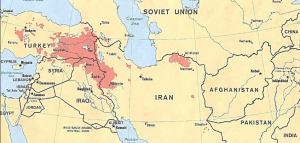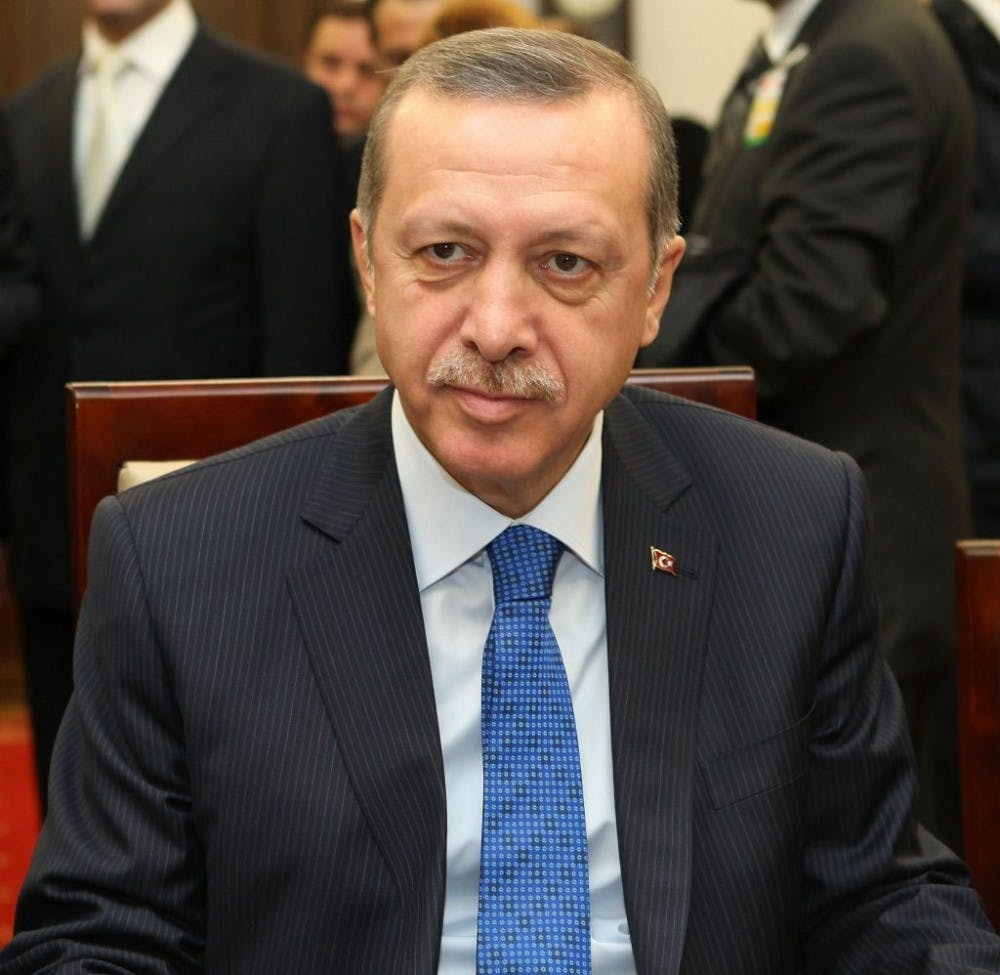In many respects, Kemalism’s death warrant was signed by Recep Tayyip Erdoğan on July 20, 2016. Following an abortive coup d’état, the Turkish president predicated a state of emergency. In other words, it was a constitutional suspension of the Turkish constitution on the destabilized sociopolitical atmosphere of the country, prompting a widespread culling of dissent within Turkish society.
The first to go, of course, were those accused of being “Gülenist” conspirators within the ranks of the military. As reported by the government of Turkey, 1,684 members of the Turkish Armed Forces had been suspended by July 27, and 96 were arrested. By October, however, the government, under the watchful eye of President Erdoğan, had dismissed upwards of 100,000 more civil servants, according to the BBC.
This represents the most obvious slide towards autocracy since Erdoğan first joined the highest echelons of the Turkish state in 2003 as premier. His palpable disdain for dissent, especially that which is directed at the media, has reached climactic levels. His favorite piece of legislation, the oft-invoked statute that renders “insulting the president” verboten, has led to the imprisonment of several thousand journalists across Anatolia. In fact, Turkey leads the world in jailed journalists, beating out such regimes as Vladimir Putin’s Russia, the People’s Republic of China, Cuba, Venezuela and North Korea; Erdoğan’s rabid pursuit of detractors knows no equal.
Through the Justice and Development Party (abbreviated AKP), Erdoğan has cultivated an overzealous, disturbingly nationalistic base of support centered around the principle of Neo-Ottomanism. As the name might imply, Neo-Ottomanism calls for a resurgence of the ascendancy of the Turkish state in areas formerly ruled by the Ottoman Empire.
In a sense, the variety of Neo-Ottomanism pushed by the AKP can be compared to a (rather alarming) form of Turkish irredentism, conflated with revanchism stemming from the Empire’s castration by the Treaty of Sèvres and a desire for the reintroduction of Islamism into the largely secular domestic politics of Turkey.
These tenets are diametrically opposed to the Republic of Turkey’s founding principles, laid out by Mustafa Kemal Atatürk, the founder of the Turkish Republic. The contravention of Kemalism’s guiding pillars, being democracy, secularism and the distinction of the Turkish Republic from Ottoman Turkey, is a grievous disservice to the Republic and could undo almost a century’s worth of progress.

The recently proposed constitutional amendment, an addendum that would mangle Turkey’s long-standing majoritarian parliamentary system beyond recognition, represents the culmination of Erdoğan’s long-standing quest to centralize power in Turkey. The adoption of a presidential system in Turkey, a country historically beset by issues stemming from highly centralized state apparatuses, would almost certainly spell the quick and painful death of what remains of Turkey’s democracy.
Furthermore, under Erdoğan, the Government of Turkey has pursued a merciless policy of opposition against the Kurdish minorities of southeast Anatolia and northern Syria. Erdoğan has justified such punitive measures against the embattled Kurds with a blanket accusation that the Kurdistan Workers’ Party (PKK) enjoys a broad base of support within the region. In other words, because of the actions of a few, the overwhelming majority of Kurds are forced to suffer.
Ultimately, the AKP-dominated government’s stance toward Kurdistan is driven less by a perceived “terrorist threat” stemming from the PKK than an intrinsic prejudice against the Kurdish people and what they represent: a major roadblock against the sociocultural homogenization of the Turkish state.
Erdoğan must be stopped at all costs. The constitutional amendment must, for the sake of Turkey’s well-being and posterity, be defeated at the ballot box, else Turkey risks slipping into the insurmountable ravine of statist authoritarianism. The right to freedom of speech is under siege from the Bosporus to the Caucasus, and unless the power of the state is curtailed, the Turkish people risk far worse.
Indeed, for Turkish Kurds, the burden of runaway state power channeled toward the institutionalization of bigotry can be felt every day. The world runs the risk of the resurgence of the Ottoman Empire, and unless we are willing to stand against Emperor Erdoğan, pretending Sultan of Anatolia, the people of Turkey will lose.
Howard Senior is a freshman double major in economics and mathematics from Miami.

















